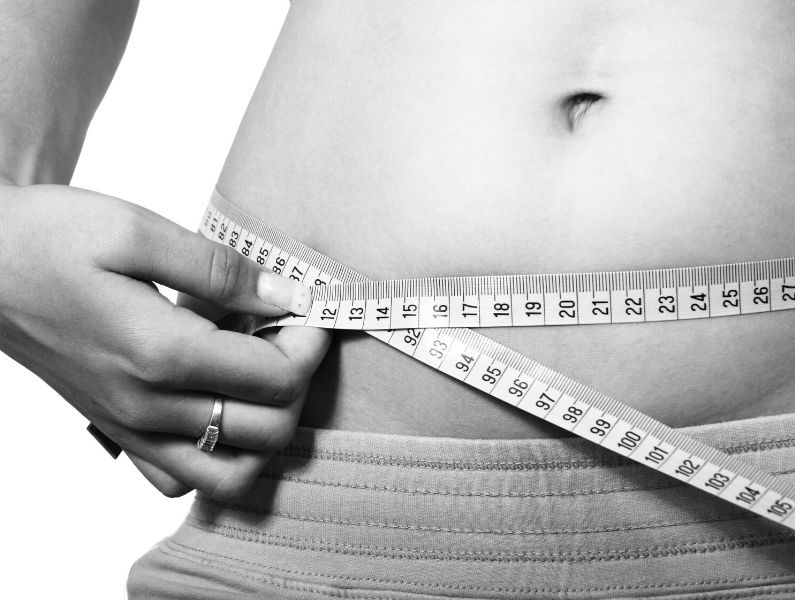 The biggest component which prevents you to lose weight is your basal metabolic rate (BMR)
The biggest component which prevents you to lose weight is your basal metabolic rate (BMR)
which is the energy your body burns just to maintain functioning at rest.
When trying to lose weight some factors can affect the metabolic rate, some of them are within your control. We all know that cutting down your food intake and exercise will normally help you (not always ) to lose weight, but you need to know much more before you start any type of weight loss regime if you want not to create more health problems to yourself. Before you do anything you need to be assessed professionally, in order to find out your body composition (muscle mass, fat mass, fluid, BMR ) what are your hormones doing, is your digestive system healthy or does it need help?
If you cannot lose weight, all these and more are assessed at the Sydney Institute of Holistic and Cosmetic Medicine so you can have the best chance to lose the excess weight, in a healthy and satisfying way and prevent putting it back on.
Here are some factors that affect your BMR and metabolism which we assess
We also incorporate various investigations with office equipment or with external tests- Muscle mass. The more muscle you carry, the more energy or calories you burn. We can tell you what forms of exercise you need to do to maximise your results.
Chronological Age /Biological Age
As you get older, your metabolic rate generally slows. This is partly because of a loss of muscle tissue, and also because of hormonal and neurological changes
Hormonal factors
Hormonal imbalances caused by certain conditions, including hypo- and hyperthyroidism, can affect your metabolism.
Environmental factors
Some factors are the following:
Hormone disruptors
Bisphenol-A (BPA) Dioxin Atrazine
Phthalates
Perchlorate
Fire retardants Lead
Mercury
Arsenic
Perfluorinated chemicals (PFCs)
Organophosphate pesticides
Glycol ethers
• Men have a faster metabolism than women, they generally lose weight faster.
• Genetics
This can also play a role in whether you have a slower or faster metabolism, and some genetic disorders can also affect your metabolism.
• Physical activity
Regular exercise increases muscle mass and encourages your body to burn calories at a faster rate, even when at rest.
• Medication
Antidepressants, antihypertensives like the beta-blockers, and anabolic steroids can contribute to weight gain regardless of what you eat. Caffeine and nicotine can increase though your metabolic rate
• Diet
Certain aspects of your diet can also affect metabolism. For instance, if you eat more carbohydrates and don’t have enough iodine for optimal thyroid function, it can slow down your metabolism not only put more weight on however prevent you from losing weight.
Researchers believe that you have to burn roughly 3,500 calories to lose half a kilo of fat. So to lose half a kilo a week, in a safe way, you’d need to diet or exercise your way to a 500-calorie less every day. Still, if this is not enough and you cannot lose weight then we have to introduce other means to achieve our goal (supplements, lasers, equipment).

